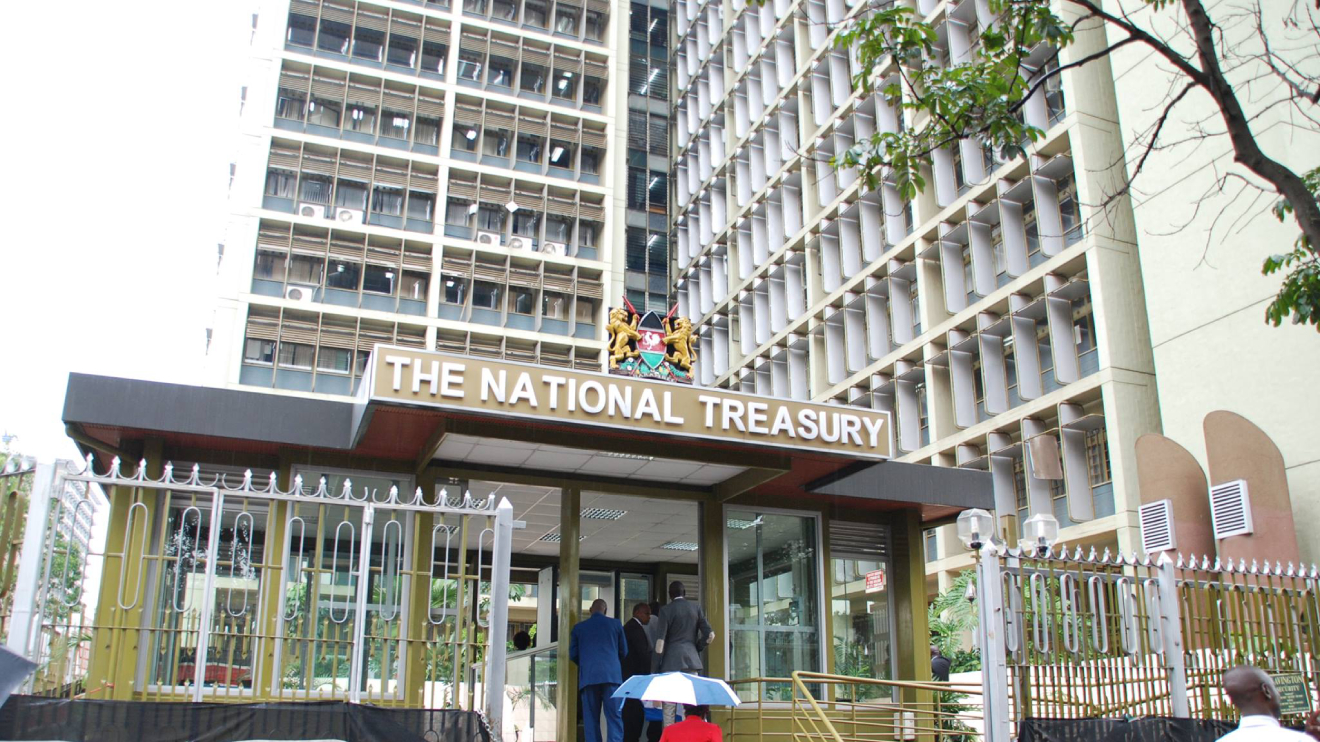Small and medium-sized enterprises (SMEs) are bearing the brunt of delayed government payments, with Controller of Budget Margaret Nyakang’o warning that arrears totalling Sh524.84 billion are draining cash flow and endangering jobs across the country.
Presenting the Budget Implementation Review Report for the 2024/2025 financial year to the Budget and Appropriations Committee, Nyakang’o revealed that unsettled bills had climbed from Sh516.27 billion in 2024 to Sh524.84 billion by June 30, 2025.
She emphasised that the Treasury must act urgently to alleviate pressure on businesses already grappling with mounting costs.
The Controller of Budget painted a picture of uneven obligations, with State Corporations carrying Sh404.33 billion, or 77 per cent of the backlog, mostly in contractor claims, supplier arrears, statutory deductions, and pensions.
Ministries, Departments, and Agencies held Sh120.51 billion, tied to older recurrent and development expenditure bills.
Read More
Nyakang’o warned that the pile-up is straining companies and shaking confidence in state payment systems.
noted that arrears are causing “liquidity challenges, potential business closures, job losses, and increased government expenditure in the form of penalties, interest charges, and eroding trust from the private sector”.
To prevent further damage, she urged the Treasury to accelerate the verification and clearance of legitimate bills, arguing that swift action would restore credibility in public finances.
Her presentation also raised concerns about fiscal management practices, particularly the Treasury’s use of Article 223 of the Constitution to release funds without prior parliamentary approval.
“In the FY 2024/25, a total of Sh83.96 billion in withdrawals were authorised by the CS National Treasury under Article 223, of which the Controller of Budget authorised Sh66.54 billion,” she said, adding that this breached Paragraph 40(4) of the Public Finance Management Regulations, 2015.
The unfolding situation underscores how the government’s unpaid bills are not only tightening liquidity for SMEs but also threatening the broader economy, making their clearance a pressing issue for policymakers.






